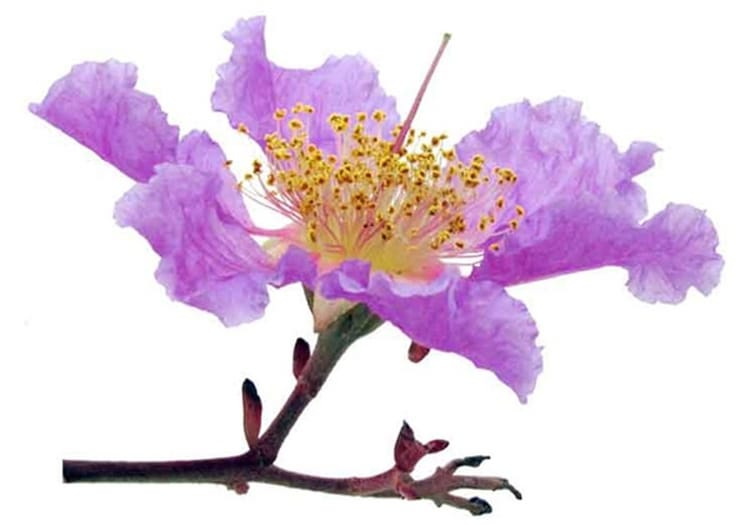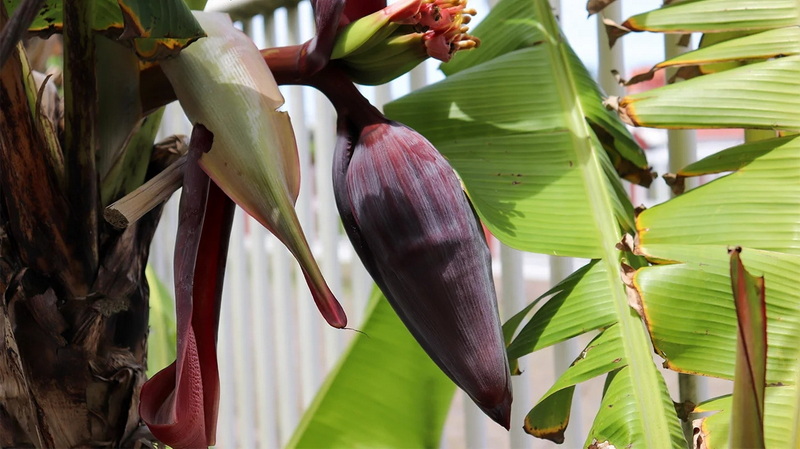Content Menu
● Introduction to Banaba Leaf Extract
>> Traditional Use
● Mechanisms of Action
● Clinical Evidence
● Banaba Leaf Extract for Diabetes Management
● Safety and Side Effects
>> Potential Interactions
● Lifestyle Modifications for Enhanced Efficacy
● Future Research Directions
● Conclusion
● FAQs
>> 1. What is Banaba Leaf Extract Used For?
>> 2. How Does Banaba Leaf Extract Work?
>> 3. Is Banaba Leaf Extract Safe?
>> 4. Can Banaba Leaf Extract Replace Conventional Diabetes Medications?
>> 5. How Much Banaba Leaf Extract Should I Take?
● Citations:
Banaba leaf extract, derived from the Lagerstroemia speciosa plant, has been traditionally used in folk medicine for its potential health benefits, particularly in managing blood sugar levels. This article explores the scientific evidence supporting the use of banaba leaf extract for diabetes management and its effects on blood sugar regulation.

Introduction to Banaba Leaf Extract
Banaba leaf extract is rich in corosolic acid, ellagitannins, and other bioactive compounds that contribute to its antidiabetic properties. These compounds have been shown to enhance glucose uptake in cells, reduce gluconeogenesis, and improve insulin sensitivity, all of which are crucial for lowering blood sugar levels.
Traditional Use
Banaba has been used for centuries in Southeast Asian countries, such as the Philippines, for treating diabetes. Its traditional use is well-documented, and modern research has begun to validate its efficacy in managing blood glucose levels. In traditional medicine, banaba leaves are often consumed as a tea or added to food to help regulate blood sugar.
Mechanisms of Action
Banaba leaf extract works through several mechanisms to lower blood sugar levels:
1. Enhanced Glucose Uptake: Corosolic acid, a key component of banaba extract, activates glucose transporter 4 (GLUT4), promoting glucose uptake into cells and reducing blood glucose concentrations.
2. Impaired Hydrolysis of Carbohydrates: Banaba extract may impair the hydrolysis of sucrose and starches, reducing the amount of glucose released into the bloodstream.
3. Decreased Gluconeogenesis: By inhibiting gluconeogenesis, the process by which the liver produces glucose, banaba extract can further reduce blood glucose levels.
4. Antioxidant and Antihyperlipidemic Effects: Banaba extract exhibits antioxidant properties and can help regulate lipid metabolism, which is beneficial for overall metabolic health.
Clinical Evidence
Several clinical studies have demonstrated the efficacy of banaba leaf extract in lowering blood sugar levels:
- Human Studies: A study published in the Journal of Ethnopharmacology showed significant reductions in blood sugar levels in patients with type 2 diabetes who received banaba leaf extract orally. Another study found that corosolic acid decreased blood sugar levels within 60 minutes in human subjects.
- Animal Models: Research involving diabetic animal models has consistently shown that banaba extract reduces blood glucose, insulin, and lipid levels, improving insulin sensitivity.

Banaba Leaf Extract for Diabetes Management
Banaba leaf extract is often considered a natural adjunct to conventional diabetes treatments. Its ability to enhance insulin sensitivity and reduce blood glucose levels makes it a promising supplement for managing diabetes.
Safety and Side Effects
Banaba leaf extract is generally well-tolerated, with no significant adverse effects reported in clinical studies. However, as with any supplement, it is advisable to consult a healthcare provider before adding it to your regimen, especially if you are already taking medications for diabetes.
Potential Interactions
While banaba leaf extract is safe for most individuals, it may interact with certain medications, such as blood thinners or diabetes medications, by enhancing their effects. Therefore, monitoring blood sugar levels closely when using banaba extract alongside conventional treatments is important.
Lifestyle Modifications for Enhanced Efficacy
To maximize the benefits of banaba leaf extract for diabetes management, incorporating lifestyle modifications can be beneficial:
1. Dietary Changes: Following a balanced diet that is low in sugar and refined carbohydrates can help manage blood sugar levels more effectively.
2. Regular Exercise: Engaging in regular physical activity improves insulin sensitivity and enhances glucose uptake in muscles.
3. Stress Management: Stress can elevate blood sugar levels; practices like meditation or yoga can help manage stress.
Future Research Directions
While current evidence supports the use of banaba leaf extract for lowering blood sugar levels, further research is needed to fully understand its long-term effects and potential interactions with other medications. Additionally, studies on its efficacy in different populations and in combination with other natural supplements could provide valuable insights.
Conclusion
Banaba leaf extract offers a natural approach to lowering blood sugar levels, supported by its traditional use and modern scientific evidence. Its mechanisms of action, including enhanced glucose uptake and decreased gluconeogenesis, make it a valuable adjunct in diabetes management. While it is not a replacement for conventional treatments, banaba leaf extract can be a useful addition to a comprehensive diabetes care plan.

FAQs
1. What is Banaba Leaf Extract Used For?
Banaba leaf extract is primarily used for its antidiabetic properties, helping to lower blood sugar levels and improve insulin sensitivity. It is also known for its antioxidant and antihyperlipidemic effects.
2. How Does Banaba Leaf Extract Work?
Banaba leaf extract works by activating GLUT4, enhancing glucose uptake into cells, impairing carbohydrate hydrolysis, and decreasing gluconeogenesis. It also exhibits antioxidant properties and helps regulate lipid metabolism.
3. Is Banaba Leaf Extract Safe?
Banaba leaf extract is generally considered safe with no significant side effects reported in clinical studies. However, it is recommended to consult a healthcare provider before use, especially if you are taking other medications.
4. Can Banaba Leaf Extract Replace Conventional Diabetes Medications?
No, banaba leaf extract should not replace conventional diabetes medications. It can be used as a complementary supplement to enhance the effects of traditional treatments under the guidance of a healthcare provider.
5. How Much Banaba Leaf Extract Should I Take?
The optimal dosage of banaba leaf extract varies, but clinical studies often use doses ranging from 32 mg to 48 mg per day for blood sugar management. Always consult with a healthcare provider to determine the appropriate dosage for your specific needs.
Citations:
[1] https://esther-mall.com/blogs/news/effects-of-coleus-banaba-leaf-extract-from-blood-sugar-to-weight-control-3-benefits-of-banaba-leaf
[2] https://www.liebertpub.com/doi/10.1089/jmf.2021.0039?doi=10.1089%2Fjmf.2021.0039
[3] https://patents.google.com/patent/JPH05310587A/en
[4] https://pmc.ncbi.nlm.nih.gov/articles/PMC3468018/
[5] https://citeseerx.ist.psu.edu/document?repid=rep1&type=pdf&doi=6d9608112538499efdfda645b6b0859e510f23a5
[6] https://patents.google.com/patent/CN106306817A/zh
[7] https://pubmed.ncbi.nlm.nih.gov/23082086/
[8] https://pubmed.ncbi.nlm.nih.gov/22095937/
[9] https://www.healthline.com/nutrition/banaba-leaf






























